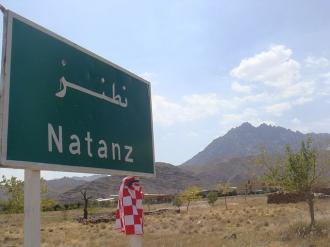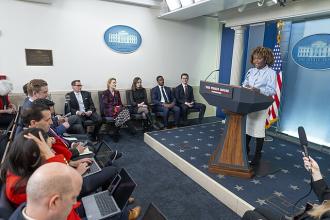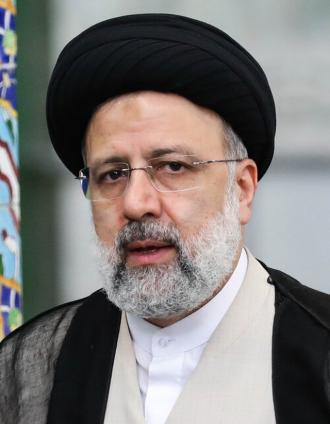Sefer Devarim encapsulates many of the events which transpired earlier in Sefer’s Shemos, Vayikra and Bamidbar. Parshas Devarim in particular chronicles much of the travels, wars and mistakes made by Klal Yisroel in the Midbar. Moshe Rabbeinu singles out the M’raglim for particular criticism in this weeks Parsha. He similarly brought up the M’raglim with Shevet Reuven and Gad at the end of Parshas Mattos. At that time, the leaders of Shevet Reuven and Gad had approached Moshe Rabbeinu to request that their Chelek be granted on the “other” side of the Yarden. Moshe Rabbeinu responded with a blistering criticism of the request, (Mattos 31:1-15) comparing them to the M’raglim who also did not want to go into Eretz Yisroel.
Interestingly, at the end of Parshas Devarim, Moshe revisits the request of Reuven and Gad in a somewhat more measured tone. He simply states factually what was the resolution of the earlier confrontation. – that the men of those two Shevatim would first cross over into battle with their brothers, and only after securing the Chalakim of the other Shevatim, would they return to the other side and rejoin their wives, children and livestock. (Devarim 3:18) In restating this agreement, Moshe uses some very strange language. In essence, he repeats himself. He states that “only your wives, small children and livestock – I know you have plenty of livestock, shall dwell in the cities that I have given you.” (3:19) Why the emphasis on Moshe’s knowledge of their abundant livestock?
A review of the exchange in Parshas Mattos allows us to again appreciate some of Moshe Rabbeinu’s gifts for leadership. Aside from the offensive nature of the request to remain outside of Eretz Yisroel, Moshe was quick to correct their request from “Pens we will build for the livestock and cities for our small children” to “build for yourselves cities for your small children and pens for your flock”. Essentially, he pointed out that they should first attend to their children and only then to the livestock. An important point for sure but what caused these two Shevatim to use an improper emphasis in the first place? Any reading of the Pesukim reveals that they were clearly preoccupied by their “abundant livestock”. The narrative begins with their discussing their “Mikne Rav” – their abundant livestock. (Mattos 31:1) They then point out that the land of Yaazer is a place for “livestock”. (31:1) Finally, they say “it is a land for livestock and your servants have livestock” (31:4) We get it, so did Moshe.
Rather than criticize them again for such an error, Moshe subtly reminds them of the cause of their mistake in this weeks Parsha. In restating the “deal”, Moshe says “I KNOW you have plenty of livestock”. Delicately reminding them of the earlier misstep without unnecessarily beating them down and berating them. This is not only a hallmark of great leadership but equally applies to parenting and teaching. There are certainly times for constructive criticism and redirection of our children and students. Nevertheless, after the point is made and the behavior corrected, the ultimate Chinuch is to reinforce the principal without belittling the recipient.[1] True love is conveyed through concern for proper conduct without associating past mistakes with inherent defects to one’s character.
[1] This point is driven home by the Rambam in his commentary on the Shemoneh Perakim where he advocates a balanced, middle of the road approach to practically all aspects of life.















